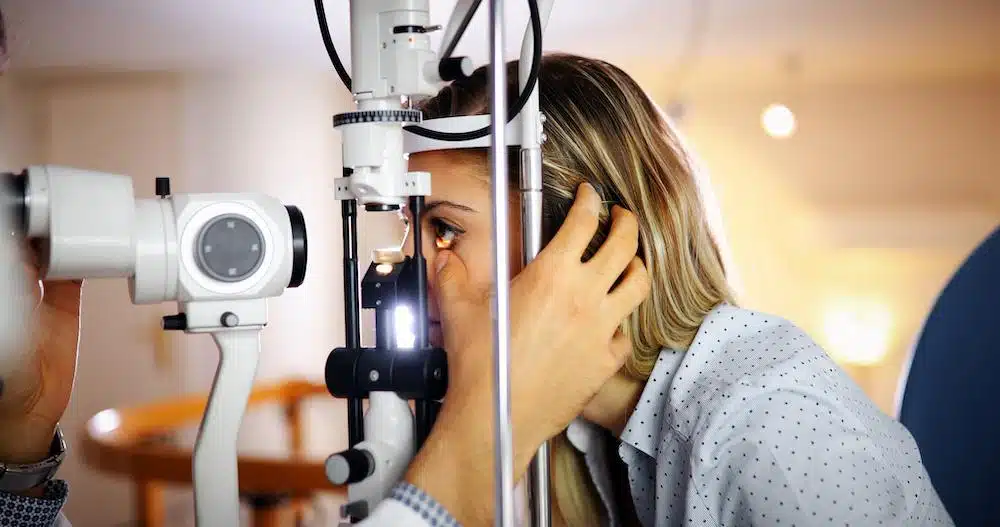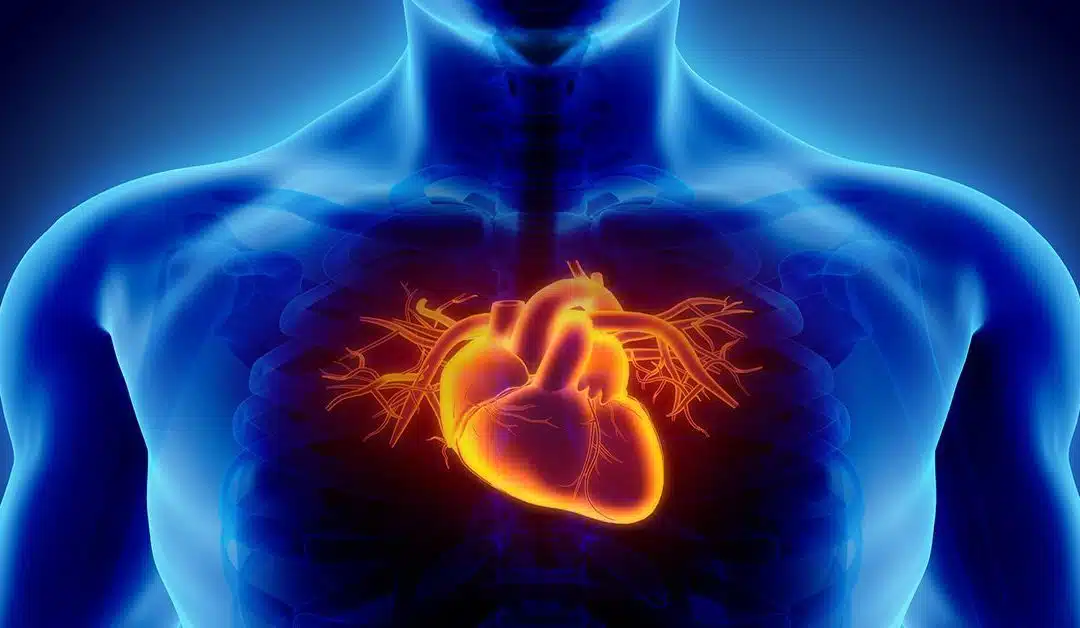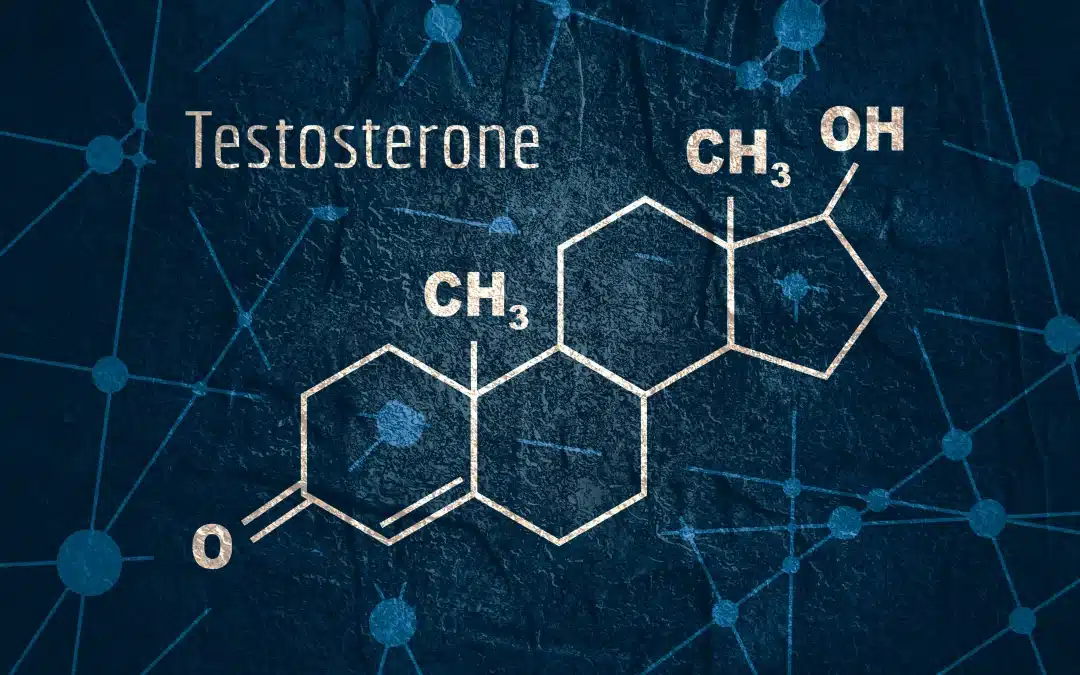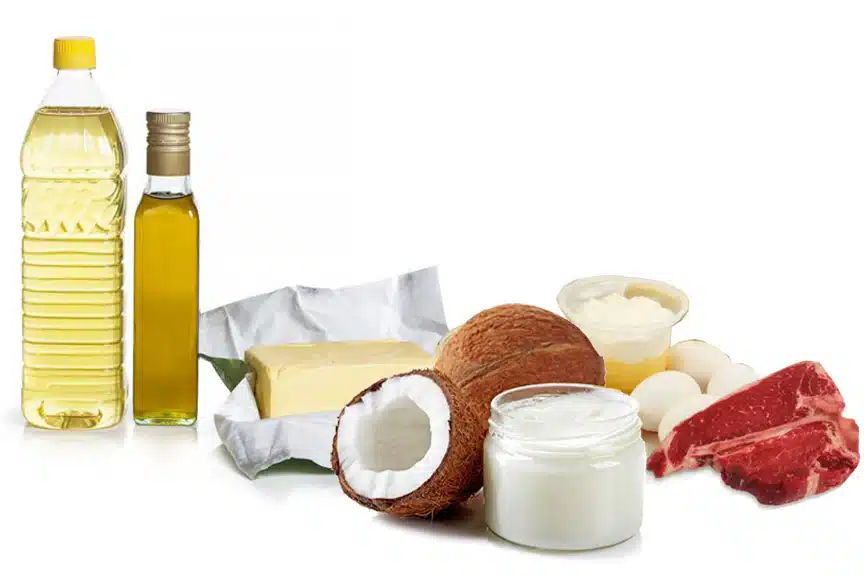Within the intricate labyrinth of our digestive tract resides a vast and diverse community of microorganisms collectively known as the gut microbiome. This teeming ecosystem plays a pivotal role in our overall well-being, influencing everything from nutrient absorption to immune function and even our mental health. Remarkably, the choices we make in our daily lives can profoundly impact the delicate balance of this internal world. One such choice, often overlooked, is the power of physical activity. Numerous studies have unveiled the intricate interplay between exercise and the thriving microbial inhabitants of our gut, shedding light on a promising avenue for optimizing our health from the inside out.
Exercise: A Powerful Ally for Gut Health
While factors like diet, stress, and medication can undoubtedly impact the gut microbiome, an often overlooked yet potent influencer is physical activity. Numerous studies, both in animal models and human subjects, have revealed the profound effects of exercise on the composition and functionality of our gut microbiota [1-4].
Confirming the Exercise-Gut Synergy
Numerous cross-sectional and longitudinal studies have corroborated the positive affect of exercise on the human gut microbiome, shedding light on the potential mechanisms and implications for overall health [1-4].
Cross-Sectional Evidence
- Increased Microbial Diversity: Professional athletes and physically active individuals tend to exhibit a higher diversity of gut microbes compared to their sedentary counterparts, suggesting a potential link between exercise and a more robust gut ecosystem [3,4].
- Abundance of Beneficial Bacteria: Active individuals have been found to harbor higher levels of beneficial bacteria, such as Faecalibacterium prausnitzii, Roseburia hominis, and Akkermansia muciniphila, which are associated with improved metabolic health and reduced inflammation [2,3].
- Cardiorespiratory Fitness Correlation: Studies have revealed a positive correlation between cardiorespiratory fitness levels and the abundance of butyrate-producing bacteria, as well as increased microbial diversity [3,4].
While these cross-sectional studies provide valuable insights, they are limited by their inability to control for confounding factors, such as diet and lifestyle variables.
Longitudinal Studies
To address these limitations, researchers have conducted controlled longitudinal studies to investigate the direct effects of exercise interventions on the gut microbiome.
- Exercise-Induced Microbial Shifts: In a study involving sedentary adults, six weeks of endurance exercise training resulted in significant shifts in the gut microbial composition, with increased abundance of butyrate-producing bacteria and higher fecal concentrations of beneficial short-chain fatty acids like acetate and butyrate [1,3,4].
- Reversibility and Transience: These exercise-induced changes in the gut microbiome were found to be transient and reversible [1]. When participants returned to a sedentary lifestyle, their gut microbial communities reverted to their initial state, highlighting the importance of maintaining a consistent exercise routine.
- Body Composition Influence: The impact of exercise on the gut microbiome may vary based on an individual’s body composition. In one study, lean participants exhibited an increase in beneficial bacteria like Faecalibacterium after exercise, while obese participants showed a decrease in the same taxa [3,4].
These findings suggest that regular exercise can beneficially modulate the gut microbiome, potentially contributing to the well-documented health benefits of physical activity.
Potential Mechanisms: Unraveling the Exercise-Gut Connection
The precise mechanisms underlying the exercise-gut interaction are still being explored, but several plausible explanations have emerged from scientific investigations.
-
Immune System Modulation
Exercise has been shown to influence the gut-associated lymphoid tissue, a crucial component of the immune system located within the gut. Physical activity may decrease pro-inflammatory factors and upregulate anti-inflammatory factors, creating a more favorable environment for beneficial gut microbes to thrive [3].
-
Gut Barrier Function
Regular exercise may enhance the integrity of the gut mucosal barrier, preventing the translocation of harmful bacteria and reducing systemic inflammation [2,3]. This function is essential for maintaining a healthy gut ecosystem and preventing dysbiosis.
-
Gut Motility and Transit Time
Physical activity has been linked to improved gut motility and reduced transit time, which can influence the availability of nutrients for gut microbes and the overall gut environment. Increased mechanical forces during exercise may also contribute to the mixing and distribution of intestinal contents [2,3].
-
Hormonal and Metabolic Changes
Exercise induces various hormonal and metabolic changes involving the muscular and neuroendocrine systems [3]. These exercise-induced factors may interact with the gut microbiome, either directly or through immune system modulation, shaping the microbial landscape.
-
Bile Acid Secretion
Exercise has been associated with increased bile acid secretion and fecal bile acid output. Bile acids are potent regulators of gut microbial community structure, and their altered levels may contribute to the observed changes in the gut microbiome during physical activity [3].
Exercise and Gut Health: Potential Implications
The emerging understanding of the exercise-gut connection has profound implications for various aspects of human health and disease prevention.
-
Inflammatory Bowel Diseases (IBD)
Individuals with IBD, such as Crohn’s disease and ulcerative colitis, often exhibit an altered gut microbiome characterized by reduced abundance of beneficial bacteria and increased levels of pro-inflammatory microbes. Exercise has been shown to mitigate the severity of colitis in animal models and may potentially modulate the gut microbiome in IBD patients, leading to improved symptom management and quality of life [1,2,3].
-
Obesity and Metabolic Disorders
The gut microbiome plays a crucial role in energy homeostasis, nutrient metabolism, and the development of obesity and metabolic disorders [2,3]. Exercise has been found to attenuate gut dysbiosis induced by high-fat diets, potentially contributing to weight management and improved metabolic health.
-
Mental Health and Cognitive Function
The gut-brain axis has garnered significant attention in recent years. Exercise-induced changes in the gut microbiome may influence the production of neurotransmitters, modulate inflammation, and potentially contribute to improved mental health and cognitive function [2,3].
-
Colorectal Cancer
Regular physical activity has been associated with a reduced risk of colorectal cancer. One potential mechanism underlying this protective effect may involve exercise-induced changes in the gut microbiome, particularly the increased abundance of butyrate-producing bacteria [3]. Butyrate has been shown to regulate gene expression and promote apoptosis in colorectal cancer cells, potentially reducing tumor growth and metastasis.
While these implications are promising, it is important to note that the direct causal links between exercise-induced gut microbial changes and specific health outcomes are still being investigated. Further research is needed to fully understand the intricate interplay between physical activity, the gut microbiome, and disease prevention and management.
Tailoring Exercise for Optimal Gut Health
As our understanding of the exercise-gut connection deepens, it becomes increasingly important to explore strategies for optimizing the beneficial effects of physical activity on our gut microbiome.
-
Exercise Modalities and Intensities
Different types of exercise, such as aerobic or resistance training, may have varying effects on the gut microbiome. Additionally, the intensity and duration of exercise may play a role in shaping the microbial landscape [1,3,4].
-
Individualized Approaches
The response of the gut microbiome to exercise may be influenced by individual factors such as age, body composition, diet, and existing gut microbial composition. Personalized exercise prescriptions tailored to an individual’s unique gut microbiome profile and health status may optimize the benefits of physical activity on gut health [3,4].
-
Synergistic Effects with Diet
Diet and exercise are known to have synergistic effects on overall health, and the same may hold true for their impact on the gut microbiome. Combining exercise with a diet rich in prebiotics (dietary fibers that nourish beneficial gut microbes) and probiotics may enhance the positive effects on gut microbial diversity and functionality [2,3,4].
-
Exercise and Gut Health in Special Populations
The effects of exercise on the gut microbiome may differ in specific populations, such as children, the elderly, athletes, and individuals with chronic conditions [1,2,3]. Tailoring exercise interventions to these unique populations and considering their specific gut health needs is crucial for maximizing the benefits of physical activity.
Emerging Trends and Future Directions
As research in this field continues to evolve, several exciting trends and future directions are emerging:
-
Gut Microbiome-Targeted Exercise Interventions
With a deeper understanding of the exercise-gut connection, researchers may develop targeted exercise interventions specifically aimed at modulating the gut microbiome for therapeutic purposes. These interventions could potentially address conditions such as inflammatory bowel diseases, obesity, and metabolic disorders, leveraging the power of physical activity to reshape the gut microbial landscape. In addition, personalized exercise regimens could be designed based on an individual’s gut microbiome profile, addressing specific health concerns or leveraging the microbiome’s potential for performance enhancement.
-
Integration with Omics Technologies
The integration of cutting-edge omics technologies, such as metagenomics, metabolomics, and proteomics, with exercise interventions will provide a more comprehensive understanding of the functional and mechanistic aspects of the exercise-gut interaction [1,3]. These multi-omics approaches may unveil novel pathways and biomarkers, paving the way for personalized exercise prescriptions and targeted therapies.
-
Microbiome-Exercise Interactions in Disease Prevention and Management
Future research may explore the potential of exercise-induced gut microbial modulations in the prevention and management of various chronic diseases, such as cardiovascular disorders, neurodegenerative conditions, and certain cancers [3].
Final Thoughts
The intricate relationship between exercise and the gut microbiome represents a fascinating frontier in the pursuit of optimal health and well-being. While the journey of unraveling this complex interplay is still in its early stages, the emerging evidence highlights the profound impact of physical activity on the delicate ecosystem residing within our digestive tract.
From enhancing microbial diversity and promoting the growth of beneficial bacteria to modulating immune responses and gut barrier function, exercise has proven to be a potent ally in cultivating a thriving gut microbiome. As we continue to unravel the mechanisms underlying this intricate connection, we inch closer to harnessing the power of exercise to reshape our internal microbial landscapes, paving the way for personalized interventions and targeted therapies.
Sources
[1] Boytar, A. N., Skinner, T. L., Wallen, R. E., Jenkins, D. G., & Dekker Nitert, M. (2023). The Effect of Exercise Prescription on the Human Gut Microbiota and Comparison between Clinical and Apparently Healthy Populations: A Systematic Review. Nutrients, 15(6), 1534. https://doi.org/10.3390/nu15061534
[2] Monda, V., Villano, I., Messina, A., Valenzano, A., Esposito, T., Moscatelli, F., Viggiano, A., Cibelli, G., Chieffi, S., Monda, M., & Messina, G. (2017). Exercise Modifies the Gut Microbiota with Positive Health Effects. Oxidative medicine and cellular longevity, 2017, 3831972. https://doi.org/10.1155/2017/3831972
[3] Mailing, L. J., Allen, J.M., Buford, T.W., Fields, C.J. and Woods, J.A. (2019). Less Exercise and Sport Sciences Reviews. 47(2):75-85. https://journals.lww.com/acsm-essr/fulltext/2019/04000/exercise_and_the_gut_microbiome__a_review_of_the.4.aspx
[4] Clauss M, Gérard P, Mosca A and Leclerc M (2021) Interplay Between Exercise and Gut Microbiome in the Context of Human Health and Performance. Front. Nutr. 8:637010. https://doi.org/10.3389/fnut.2021.637010
https://www.bbc.com/future/article/20220825-how-exercise-can-give-your-gut-microbes-a-boost
https://www.uclahealth.org/news/article/new-microbiome-research-reveals-exercise-may-impact-gut
https://www.everydayhealth.com/fitness/can-exercise-boost-my-gut-health/








